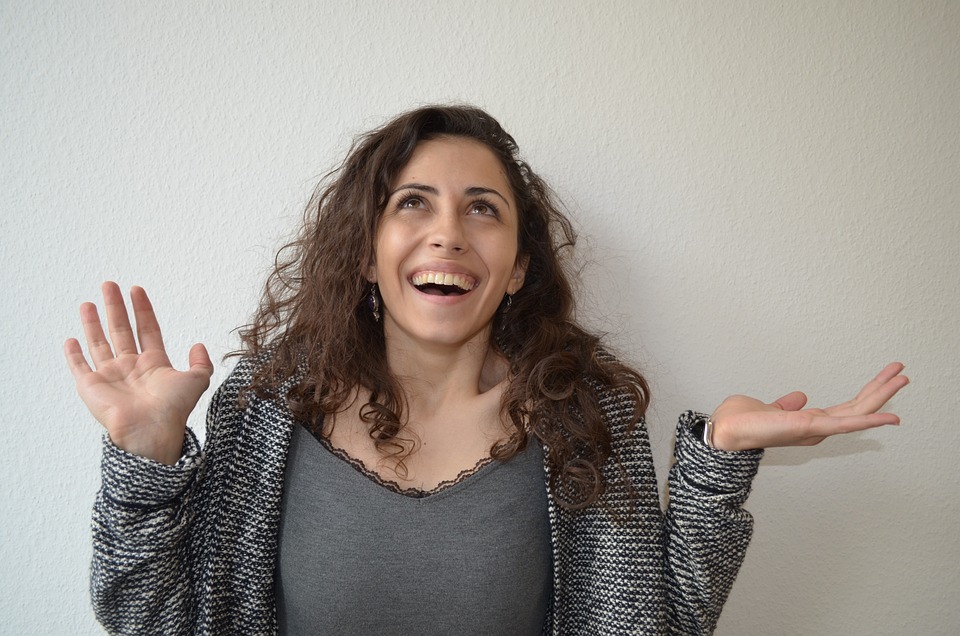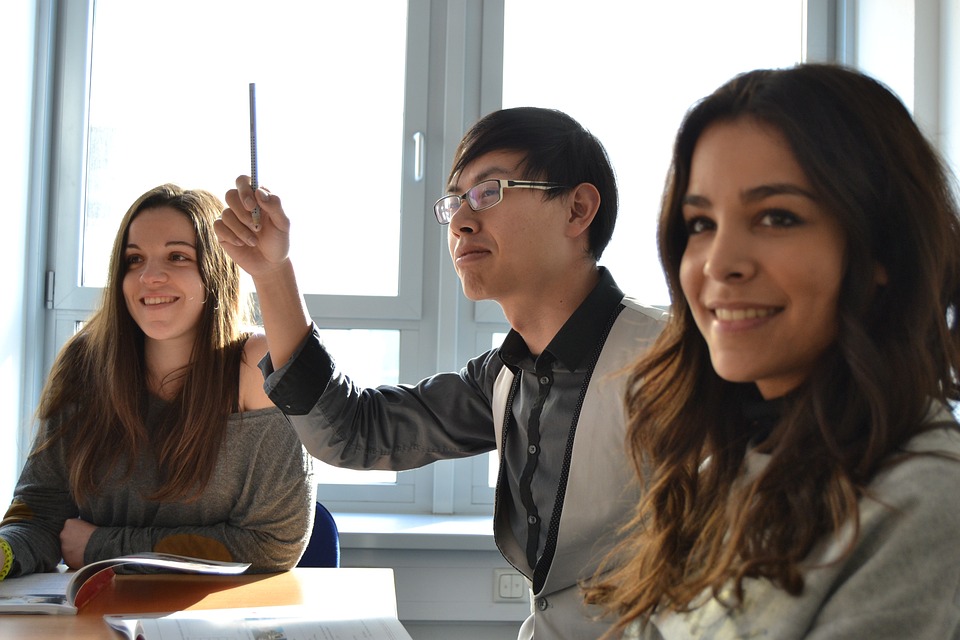Millions of people in Israel experiencing trauma
JERUSALEM, Nov. 2, 2023 /PRNewswire/ — Since the October 7th terrorist attack by Hamas, more than 55,000 people with disabilities inside Israel been evacuated to areas further from the rocket fire, often to unfamiliar and inaccessible accommodations. Compounding the struggle to provide continuous care for those in need is the fact that 400,000 people have been called up for reserve military duty, so many staff and family carers are simply not available.
These facts came to light in a panel hosted by the Jerusalem Press Club (JPC), and moderated by Jennifer Laszlo Mizrahi, Co-Founder, Mizrahi Family Charitable Fund. The panel featured leading Israeli disability experts who outlined challenges for Israelis with a variety of disabilities. People with mobility disabilities can struggle to access a bomb shelter in under two minutes when a siren goes off. Blind people face challenges in the inevitable chaos prompted by the sounding of a red alert. Deaf individuals cannot hear the alarms during an imminent rocket attack. Autistic people can be overwhelmed with stress when in immediate danger. People who have ongoing mental health issues find it compounded with the stress of the attacks and losses of life and hostages.
From an Israeli population of 9 million, 17% are disabled and about 50% of those living with disabilities have more than one disability. The country has suffered 27 days’ of constant rocket attacks requiring multiple trips to bomb shelters and already 200,000 Israelis overall have been displaced from their homes. Everyone in Israel is experiencing some level of trauma from the terrorist attacks and ongoing bombardments of rockets.
Ayala Davidowitz, Director of Strategic Partnerships, External Relations & Resource Development, JDC Israel Unlimited outlined the myriad issues for evacuees now housed in hotels and other places of refuge. Their beds can be at the wrong height, shower facilities can be unsuitable, access to doctors, regular drug regimes and therapies have been disrupted while special education needs have to be re-established. Caregivers, often a close family member, are themselves suffering from acute mental trauma and are unable to function normally. Davidowitz reported “We’ve heard stories of people with disabilities that have lost one or two parents to Hamas. They don’t have their caregivers anymore. What do you do in that situation?”
“Everyone knows someone in the South, everyone knows someone kidnapped, everyone knows someone murdered” said Efrat Stern of Israel Unlimited. Mental health and trauma is acute across the country.
Ruth Peretz, a 17-year-old with Cerebral Palsy celebrating her love of music at a Peace Festival was brutally murdered with her father. Noya Dan, an Autistic Harry Potter fan, who was with her grandmother was also killed. Many other people with disabilities where also killed or taken hostage.
Many programs operated by Israel Elwyn were closed for a week or two explained Sharon Ehrnwald, Assistant CEO for International Relations. The organization’s building in Ashkelon was hit but fortunately it was closed at the time and, poignantly, one service recipient and her family were murdered at Nahal Oz. Providing services for those with autism, sensory issues and other disabilities, Ehrnwald explained that alongside services provided for Jews, her organization’s mission is to also assist 1700 members of the Arab community, Druze and Bedouin. “We are in ongoing contact with the Ministry of Welfare to both share some of our experience and also making sure we get all the guidelines they’re sending out” she says. Checking needs of service recipients on a daily basis: “We live from day to day.”
So how can people help? Dr. Tali Marcus, Executive Director “Bizchut”, The Israel Human Rights Center for People with Disabilities, said that her organization, together with the Hebrew University in Jerusalem wrote to the Red Cross and the UN Special Rapporteur on the Rights of People with Disabilities calling for the immediate release of all hostages while emphasizing those with special needs. She says help circulating those letters and bringing international pressure on this issue would be appreciated.
Jennifer Laszlo Mizrahi asked if current mental health services could be augmented through telehealth from abroad, or using AI for pre-screening. The panellists answered that multiple ideas are being explored. However, they said that currently group and peer-to-peer counselling is more prevalent.
Rachel Haramatta, a disability self-advocate who immigrated to Beersheva from the United States six years ago, was in Beit Shemesh on the day of the attack. She said it is “very scary” for people to hear a siren for the first time but says “I am still thankful to be in Israel and I am still glad that I made Aliyah… I feel like my experience in the war has made me a stronger person and I know there are challenges to face but I’m still blessed to be here.”
To watch the session, go to: https://www.youtube.com/watch?v=vUPoI9NWCbo
Contact:
Talia Dekel-Fleissig
CEO
Jerusalem Press Club
+972-54-807-0563
[email protected]
SOURCE Jerusalem Press Club
Originally published at https://www.prnewswire.com/news-releases/jpc-briefing-55-000-israelis-with-disabilities-evacuated-from-conflict-areas-301976402.html
Images courtesy of https://pixabay.com






